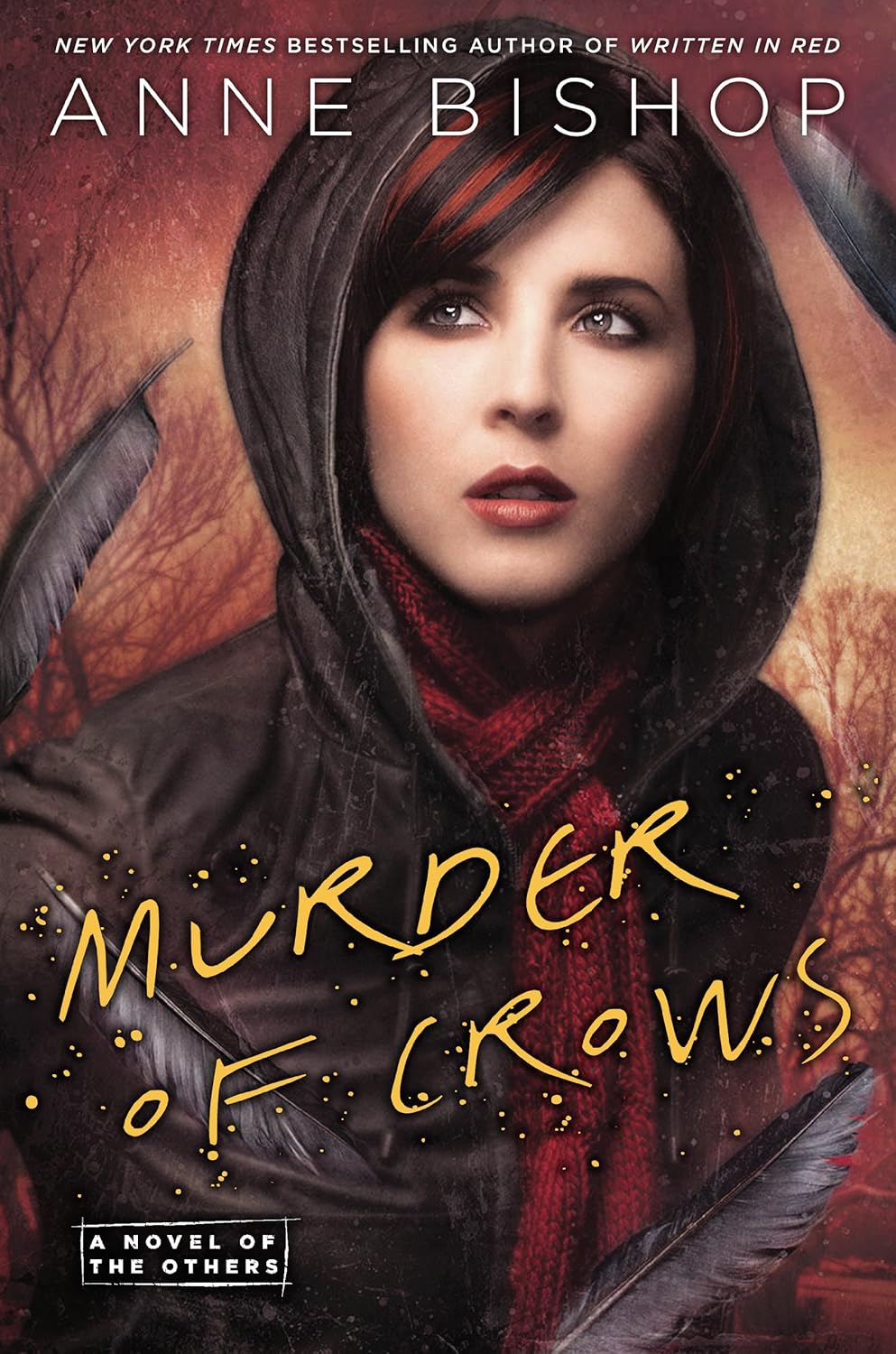While it may seem counter-intuitive to use comics, an inherently light-hearted form, to talk about something inherently, well, depressing, like depression, it's actually a semi-common tactic that increases the impact of the discussion, rather than undermine it. Let me put it this way: by undercutting the seriousness of the situation, the seriousness is actually intensified.
Brosh takes the time to tell some stories about her life, both in terms of her childhood and her present, and they mix together in random ratios until it's sort of confusing to which time period she's actively referring
Using such characters as Simple Dog and Helper Dog (the two pets she and her significant other adopted, to frequently disastrous (of varying degrees) results), younger versions of her self, and other people in her life, and through a series of allegories, Allie discusses quite a lot of unfortunate situations and mayhem, just as the title promises. I think, though, that the main reason I like this book as much as I do is because, through few words and the use of MS Paint illustrations (oi), Allie has captured what it is to be depressed. Obviously, depression is a multi-faceted thing and is not the same for everyone. Certainly my journey has not been hers--I, for one, never found a dried up corn kernel to be hysterical--but the template is really what's relatable. Depression has a tendency to manifest in one of two ways:
- You are either interminably, irrevocably sad for no reason whatsoever, OR
- you are entirely apathetic and lack motivation to do or feel anything. At all.
These two frames do have the ability to blend together sometimes, and this is when depression is perhaps most difficult to deal with. Because there you're perpetually sad, but you don't care.
Having been dealing with clinical depression almost my entire life--as in I don't remember a time in my life when it wasn't looming over me in some capacity or another--I can say that Allie has hit the nail square on its head. Depression is a beast, and it's a vicious cycle of apathy, sorrow, and anger, and if you finally manage to escape the undertow and break the surface, you know that you're only treading water until the next wave takes you back under. And while on a real beach, people who make it back to shore would seriously just hightail it from the beach, we're stuck there. Our ride left us the second we were out of sight, and we don't remember the way up and out, leaving us stranded in this limbo space where we can function like normal people, but with the constant view of the water in our peripherals while we wait for it to crash back over us and drag us away.
Anyway.
Hyperbole and a Half includes stories about a birthday cake for Brosh's grandma when she was little (Grandma didn't get cake), the reaction of Simple and Helper Dog upon moving from Montana to Oregon, a lie about hot sauce, and a "time capsule" letter written by her 7-year-old self more concerned about her favorite dogs than whether her parents were still alive. It's often a shit-show, but it's amusing, and it's real. Real life doesn't make sense like fiction does, and depression is like Perfection, forcing you to attempt to put your pieces into the correct frames in a very anxious manner to save yourself from the board violently expelling all of your hard work and virtually laughing in your face while you dejectedly pick up the pieces and attempt to start over. Yay. I know.
When it comes down to it, I enjoyed the hell out of this book. I laughed a lot, even when I thought I maybe shouldn't have. I highly recommend this book whether you suffer from depression or have a family member or close friend who does--and you should know that, with depression statistics what they are, you almost definitely know someone relatively close to you who suffers from some form of depression.
Also: The dedication page says "For Scott. What now, fucker?" and I think that's awesome.
By the way, you guys know this meme:
It happens to have its origin in this book, or at least her blog in case you're interested in origins. haha


